Search
Search Results
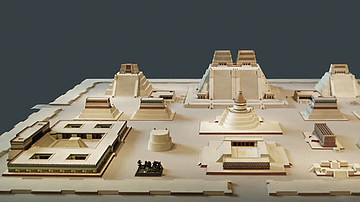
Definition
Tenochtitlan
Tenochtitlan (also spelled Tenochtitlán), located on an island near the western shore of Lake Texcoco in central Mexico, was the capital city and religious centre of the Aztec civilization. The traditional founding date of the city was 1345...
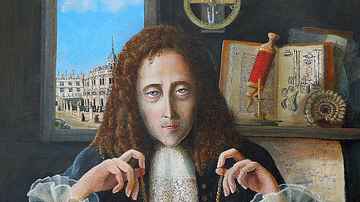
Definition
Robert Hooke
Robert Hooke (1635-1703) was an English scientist, architect, and natural philosopher who became a key figure in the Scientific Revolution. Hooke conducted his scientific experiments outside the auspices of universities, and he was a great...

Definition
Hitler Youth
The Hitler Youth (Hitlerjugend or HJ), named after the leader of the German Nazi Party Adolf Hitler (1889-1945), was designed to indoctrinate 14-18 year-old boys into the party's way of thinking. Its activities promoted physical exercise...
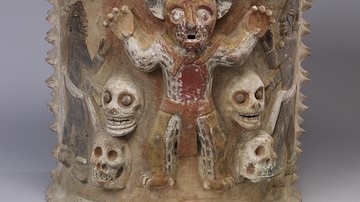
Definition
Xibalba
Xibalba (Shee-bal-ba) was the name the K'iche Maya gave to the underworld. For the Yucatec Maya the underworld was known as Metnal. The name Xibalba translates as 'Place of Fright', which indicates the terror the place had in the Maya imagination...

Definition
Pepper
Since antiquity, pepper has always been the most important spice in the world. It played a central role in the medicines of ancient India and China, became a critical component of Roman food, and remained central in the cuisine of medieval...
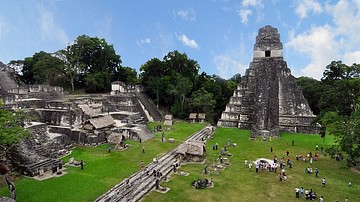
Definition
Tikal
Tikal, located in the north of the Petén region of Guatemala, was a major Maya city which flourished between 300 and 850 CE. The city, known to the Maya themselves as Mutul, is one of the grandest in Mesoamerica. Amongst the first Maya cities...
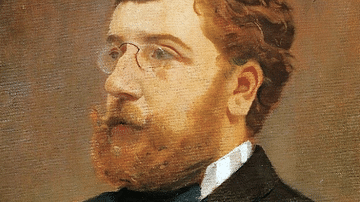
Definition
Georges Bizet
Georges Bizet (1838-1875) was a French Romantic composer best known for his opera Carmen and the instrumental music for the play L'Arlésienne. None of his earlier operas had enjoyed any great success, and even Carmen took several months to...
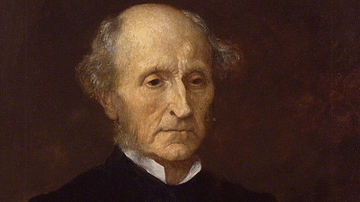
Definition
John Stuart Mill
John Stuart Mill (1806-1873) was a highly influential English philosopher of the Victorian Era. His writings were influenced by the Enlightenment thinkers and German Romanticism. Besides philosophical works, he wrote on mathematics, language...
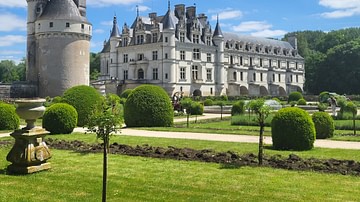
Definition
Château de Chenonceau
The Château de Chenonceau, picturesquely located astride the river Cher, in the Loire Valley town of Chenonceaux, France is a magnificent Renaissance-style building also known as le "Château des Dames" (the Ladies' Castle). Passing from hand...
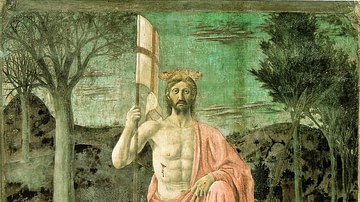
Definition
Easter
Easter is the Christian holiday that celebrates the resurrection of Jesus of Nazareth three days after he died from crucifixion by the Roman magistrate Pontius Pilate (c. 30 CE). Easter Sunday is the culmination of the week-long events that...